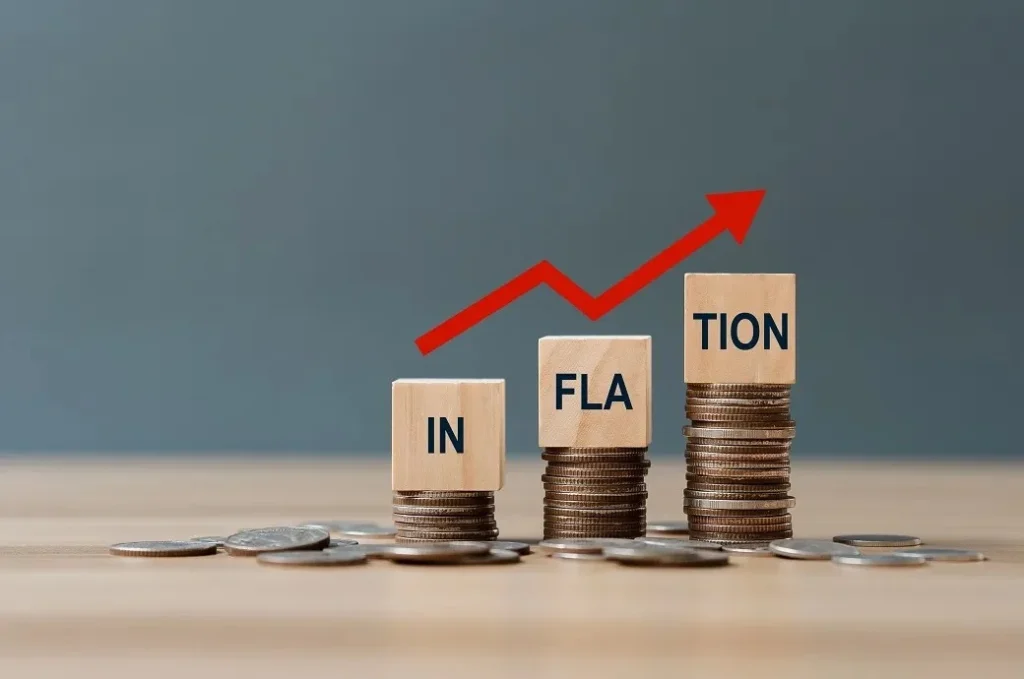Inflation can dent the purchasing power of your money.
Understanding how it works can help you take control of your finances. Rising inflation over the past year has driven up prices, from petrol and food to basic household items. There may be no way to completely avoid rising costs, but there are things you can do to protect your money.

What is inflation?
Inflation is the rise in the cost of goods and services. So, if inflation is 11%, it means the price of goods and services is 11% higher than a year ago.
When inflation increases, you can buy less with your money and when it decreases, you can buy more. However, it can have some knock-on effects on the rest of your personal finances, too. Inflation doesn’t just affect how you spend, but how you save. That’s because rising prices reduce the purchasing power of your money. If you want to save and spend effectively, it’s good to have an idea of how inflation works.
What causes inflation to go up?
Although it makes everything more expensive over time, a bit of inflation is usually good news because it means the economy is growing at a healthy pace. Inflation can spiral out of control for many reasons, like a surge in demand for products and services, a lack of supply of goods causing prices to rise or a drop in confidence in the economy by investors, businesses and consumers.
If inflation rises too quickly it can put off consumers spending more money as everything just costs a bit too much. When this happens the central bank will step in and raise interest rates to keep inflation in check and prevent the economy from overheating. A rise in rates can mean more interest on your savings, but it also means bills will go up for things like your rent, mortgage, loans and credit cards.
Five ways to help your money go further
- Try shopping around for the best deal – whether it’s a mortgage, energy contract, broadband deal, or mobile phone contract.
- You could reduce your spending by cutting back on non-essentials when you’re shopping, and sticking to a budget every month.
- Look out for bank or credit card providers that offer cashback or discount deals
with retailers. - Keep track of your energy use to help save money on your bills, for example by fitting
a smart meter and a water meter. - If you have a mortgage, compare different
providers and speak to an adviser, who may be able to find you a more competitive deal.
How is inflation calculated?
Inflation is used by policymakers and companies to inform a whole range of decisions, including pensions, rail fares, mobile phone tariffs and taxes.
Every month, the Office for National Statistics checks around 180,000 prices of around 700 items in a shopping basket of goods and services, like food, clothing and energy. The average price is compared with the previous year to work out the Consumer Price Index measure of inflation.
If the prices have gone up, it means inflation is on the rise.
The problem with rising inflation is that you can’t buy as much with the money that you have and if wages don’t go up, then living standards fall.
The money illusion
One issue with inflation is the ‘money illusion’, which you may have experienced yourself. This is when you don’t consider the effects of inflation on your wealth, and wrongly believe your money is worth the same as last year. For example, if you get a 5% rise in your wage, you might assume that gives you extra money every month to spend. But if inflation is at 10%, your wage is actually 5% behind and unable to keep up with the cost of living.
Focusing on the real value of money after taking inflation into account will give you a better understanding of what’s happening to your money. Your financial adviser is here to help you take inflation into account and give you a better understanding of what’s happening to your money.
